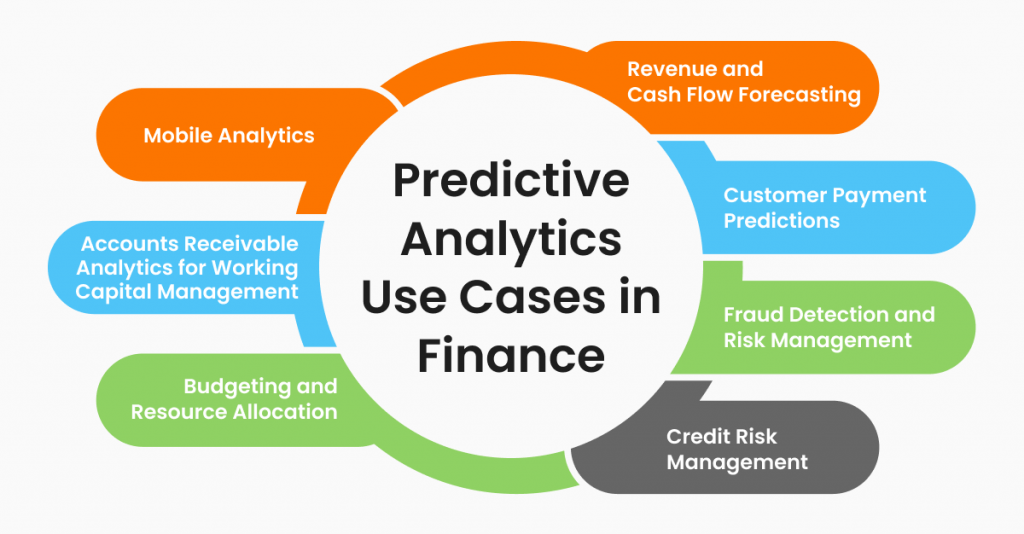
Predictive analytics is a powerful tool that uses machine learning algorithms and statistical models to analyze data and predict future outcomes. It has become increasingly popular in recent years due to its ability to help businesses and organizations make informed decisions and identify opportunities for growth. In this blog post, we will explore the various applications of predictive analytics and how it can benefit different industries.
Understanding Predictive Analytics
Before we dive into the applications of predictive analytics, it is important to understand what it is and how it works. Predictive analytics involves using historical data to identify patterns and trends, which can then be used to make predictions about future events. This is done through the use of machine learning algorithms, which can analyze large amounts of data and identify correlations that may not be immediately apparent to humans.
Applications of Predictive Analytics
- Marketing and Advertising: Predictive analytics can be used to identify the most effective marketing strategies for a particular audience. By analyzing data on customer behavior, companies can identify patterns and predict which marketing campaigns are most likely to be successful. This can help companies save money by targeting only those customers who are most likely to be interested in their products or services.
- Healthcare: Predictive analytics can be used in healthcare to identify patients who are at risk of developing certain conditions, such as heart disease or diabetes. By analyzing data on patient demographics, medical history, and lifestyle factors, doctors can identify those who are most likely to develop these conditions and take preventative measures to reduce their risk.
- Finance: Predictive analytics can be used in finance to identify trends in the stock market and predict future changes in the market. This can help investors make informed decisions about buying and selling stocks, and can also help financial institutions identify potential risks and take steps to mitigate them.
- Manufacturing: Predictive analytics can be used in manufacturing to predict when equipment is likely to fail, allowing companies to schedule maintenance before a breakdown occurs. This can help reduce downtime and increase productivity, saving companies time and money in the long run.
- Transportation: Predictive analytics can be used in transportation to predict traffic patterns and identify the most efficient routes for delivery trucks. This can help companies save money on fuel costs and reduce delivery times, improving customer satisfaction.
Conclusion
Predictive analytics has numerous applications across a wide range of industries, from marketing and advertising to healthcare and finance. By using historical data to identify patterns and make predictions about future events, companies and organizations can make more informed decisions and identify opportunities for growth. With the help of machine learning algorithms and statistical models, predictive analytics has the potential to revolutionize the way we approach problem-solving and decision-making.
Email- contact@devopsschool.com

 Starting: 1st of Every Month
Starting: 1st of Every Month  +91 8409492687
+91 8409492687  Contact@DevOpsSchool.com
Contact@DevOpsSchool.com
